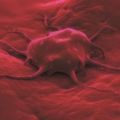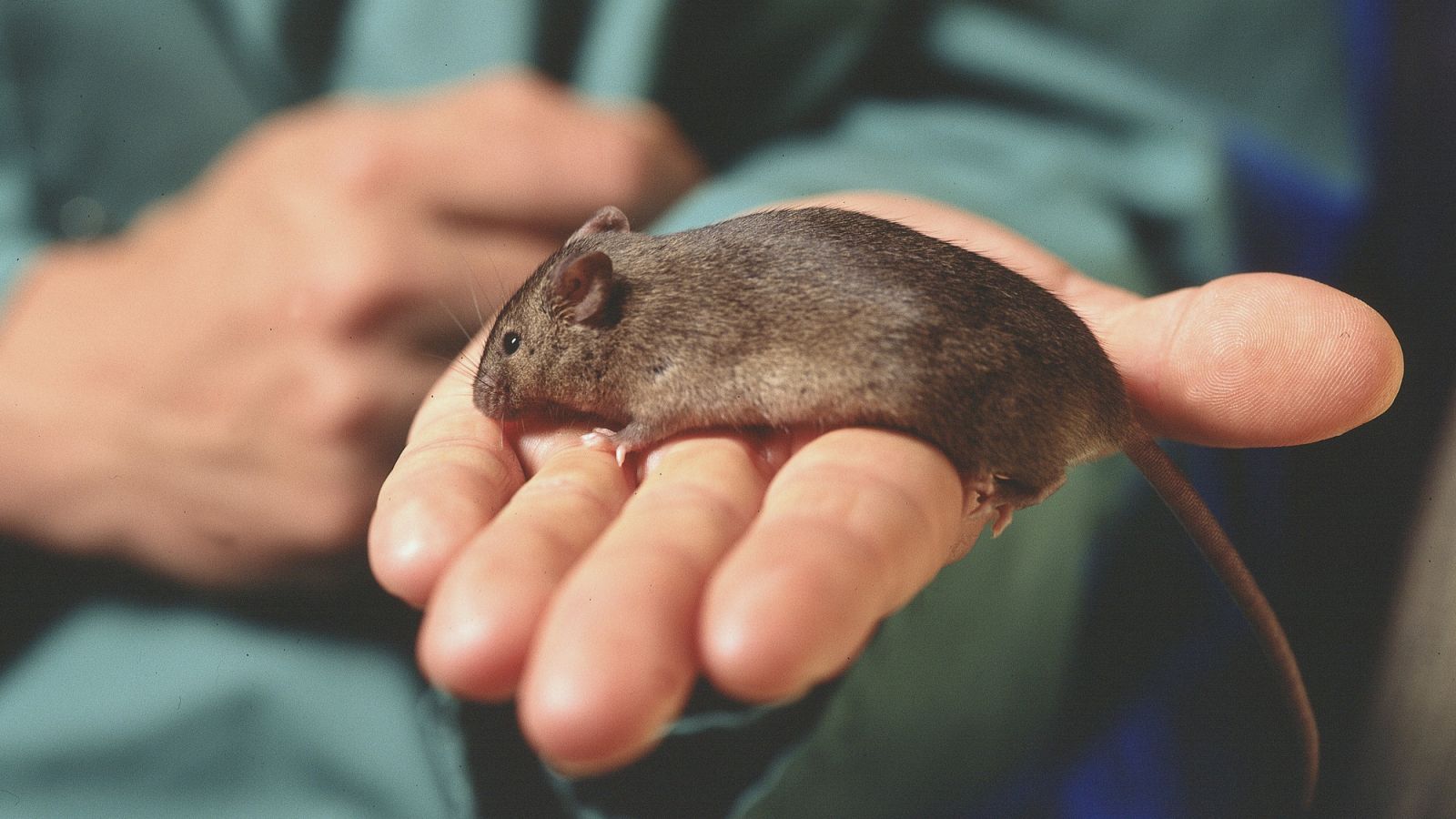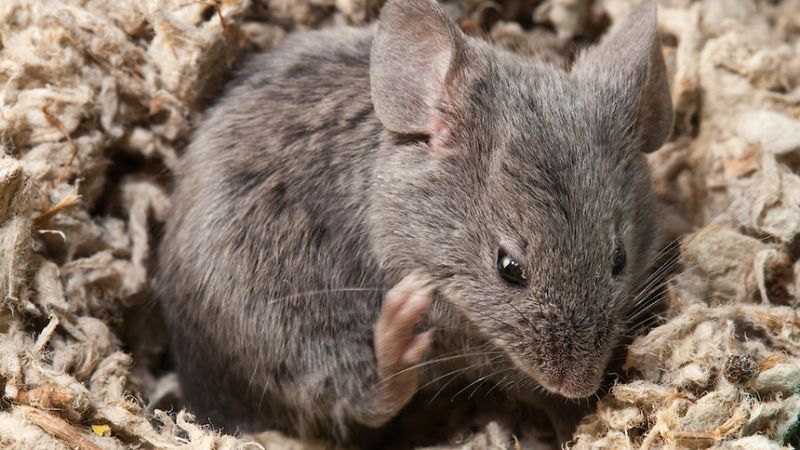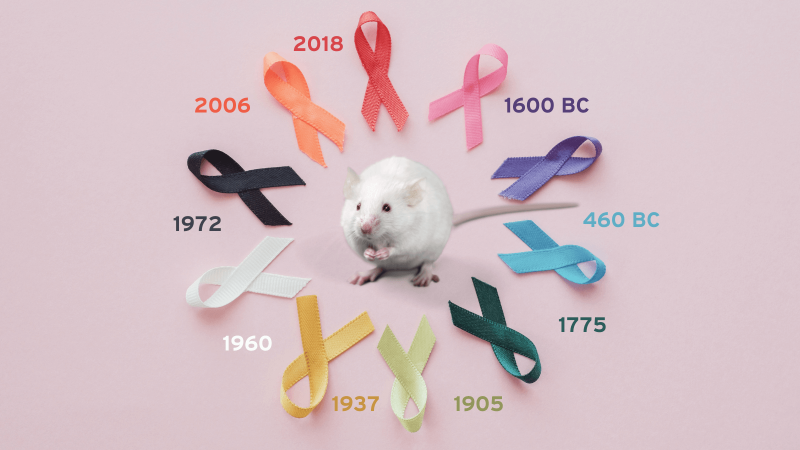 Scientists have identified a protein that tumours make when they are likely to spread. By halting the production of the compound, researchers were able to stop the spread of tumours in mice.
Scientists have identified a protein that tumours make when they are likely to spread. By halting the production of the compound, researchers were able to stop the spread of tumours in mice.
The protein, called CPE-delta N, is normally used in the body to process insulin and other hormones. But researchers also found it in high levels in cancers that had spread through the body.
The spreading of cancer cells to other parts of the body is called metastasis. Cancers cells break away from the primary tumour and travel to other parts of the body through lymph and blood vessels. Metastatic cancer has a high chance of killing patients.
Researchers transplanted metastatic liver cancer cells beneath the skin of mice. In half the tumours they stopped the production of CPE-delta N by a method called antisense. Antisense blocked the activity of the genes used to produce CPE-delta N. Tumours that didn't produce CPE-delta N were much smaller than normal liver tumours.
Researchers then implanted these liver tumours into the livers of another group of mice. After a month, only the untreated tumours had spread to other parts of the body. Researchers are now trying to find a method to stop the production of CPE-delta in tumours already growing in the body.
The protein could also be used to predict if a cancer tumour is likely to spread in patients. Researchers analysed cancer tissue in 99 patients with liver cancer. They compared the amount of of CPE-delta N in the tumour to the amount in surrounding tissue. They found tumours were much more likely to return or spread if CPE-delta N levels in the tumour were more than twice that in the surrounding tissue.
Using this test, researchers were able to predict that tumours would spread or return in patients with nine tenths accuracy. They also predicted that tumours would not return in patients with 75% accuracy. Patients with high CPE-delta N levels could be given extra chemotherapy to control the risk of spread.
Read more about animals used in cancer research here.
Last edited: 6 April 2022 14:54




